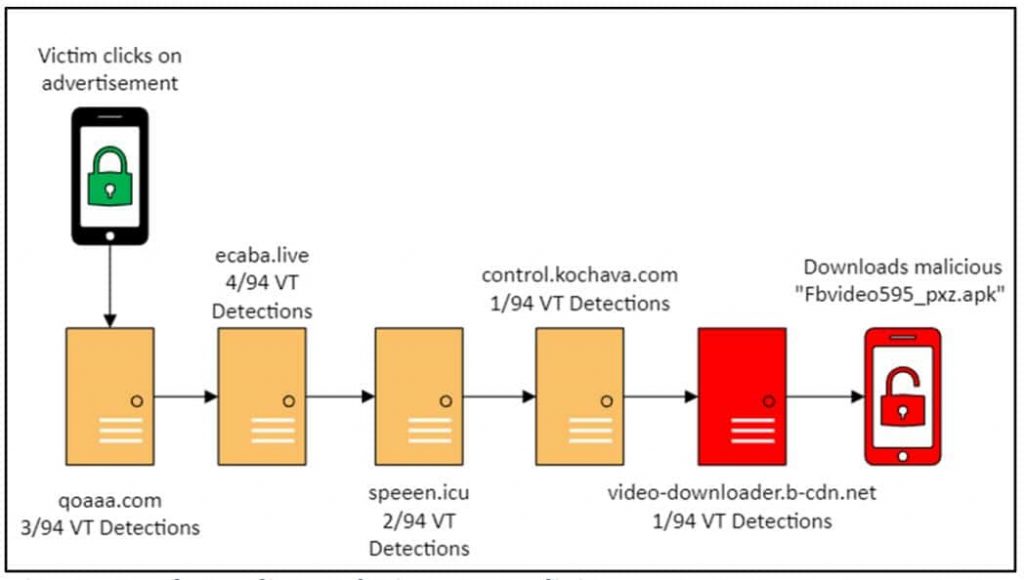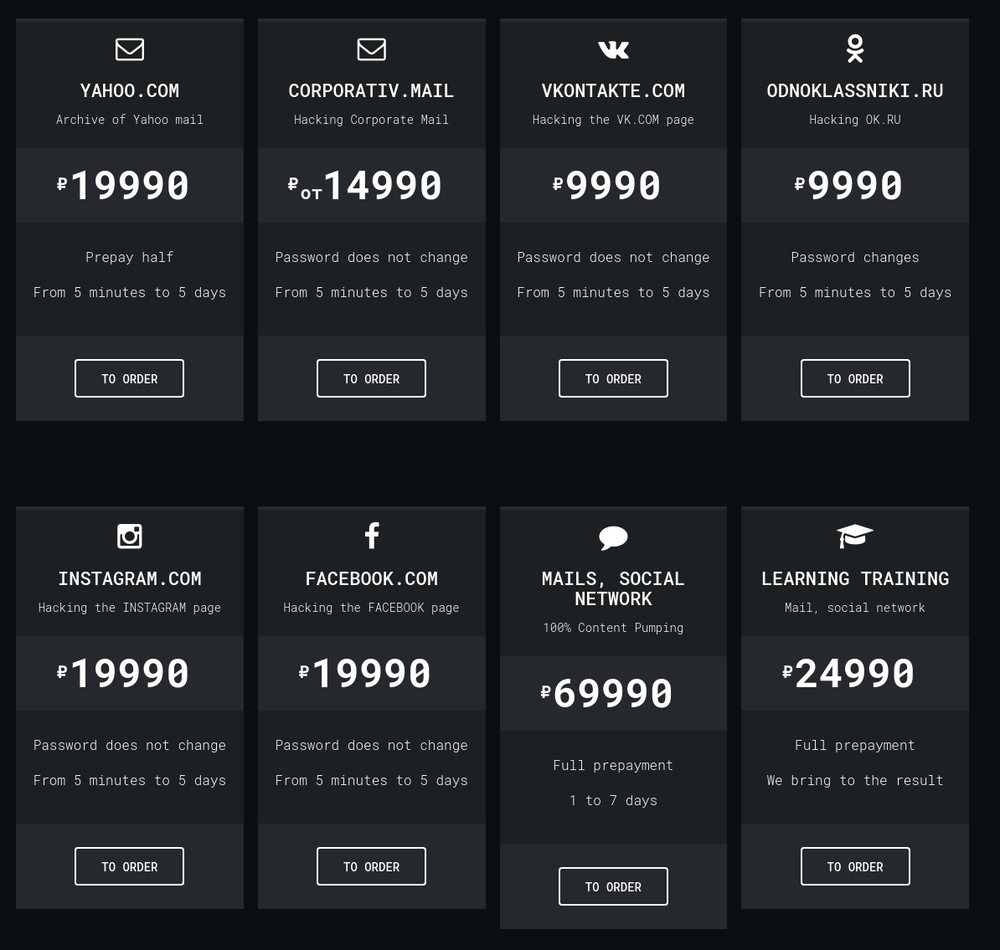.ZIP domains, AI lies, and did social media inflame a riot? • Graham Cluley

ChatGPT hallucinations cause turbulence in court, a riot in Wales may have been ignited on social media, and do you think .MOV is a good top-level domain for “a website that moves you”?
All this and much much more is discussed in the latest edition of the “Smashing Security” podcast by computer security veterans Graham Cluley and Carole Theriault, joined this week by Mark Stockley.
Plus don’t miss our featured interview with David Ahn of Centripetal.
Hosts:
Graham Cluley – @gcluley
Carole Theriault – @caroletheriault
Guest:
Mark Stockley – @markstockley
Episode links:
Sponsored by:
- Bitwarden – Password security you can trust. Bitwarden is an open source password manager trusted by millions of individuals, teams, and organizations worldwide for secure password storage and sharing.
- Kolide – Kolide ensures that if your device isn’t secure it can’t access your cloud apps. It’s Zero Trust for Okta. Watch a demo today!
- Centripetal – Centripetal’s CleanINTERNET defends your assets from cyber threats by leveraging dynamic threat intelligence on a mass scale.
Support the show:
You can help the podcast by telling your friends and colleagues about “Smashing Security”, and leaving us a review on Apple Podcasts or Podchaser.
Become a supporter via Patreon or Apple Podcasts for ad-free episodes and our early-release feed!
Follow us:
Follow the show on Twitter at @SmashinSecurity, or on Mastodon, on the Smashing Security subreddit, or visit our website for more episodes.
Thanks:
Theme tune: “Vinyl Memories” by Mikael Manvelyan.
Assorted sound effects: AudioBlocks.
Found this article interesting? Follow Graham Cluley on Twitter or Mastodon to read more of the exclusive content we post.



